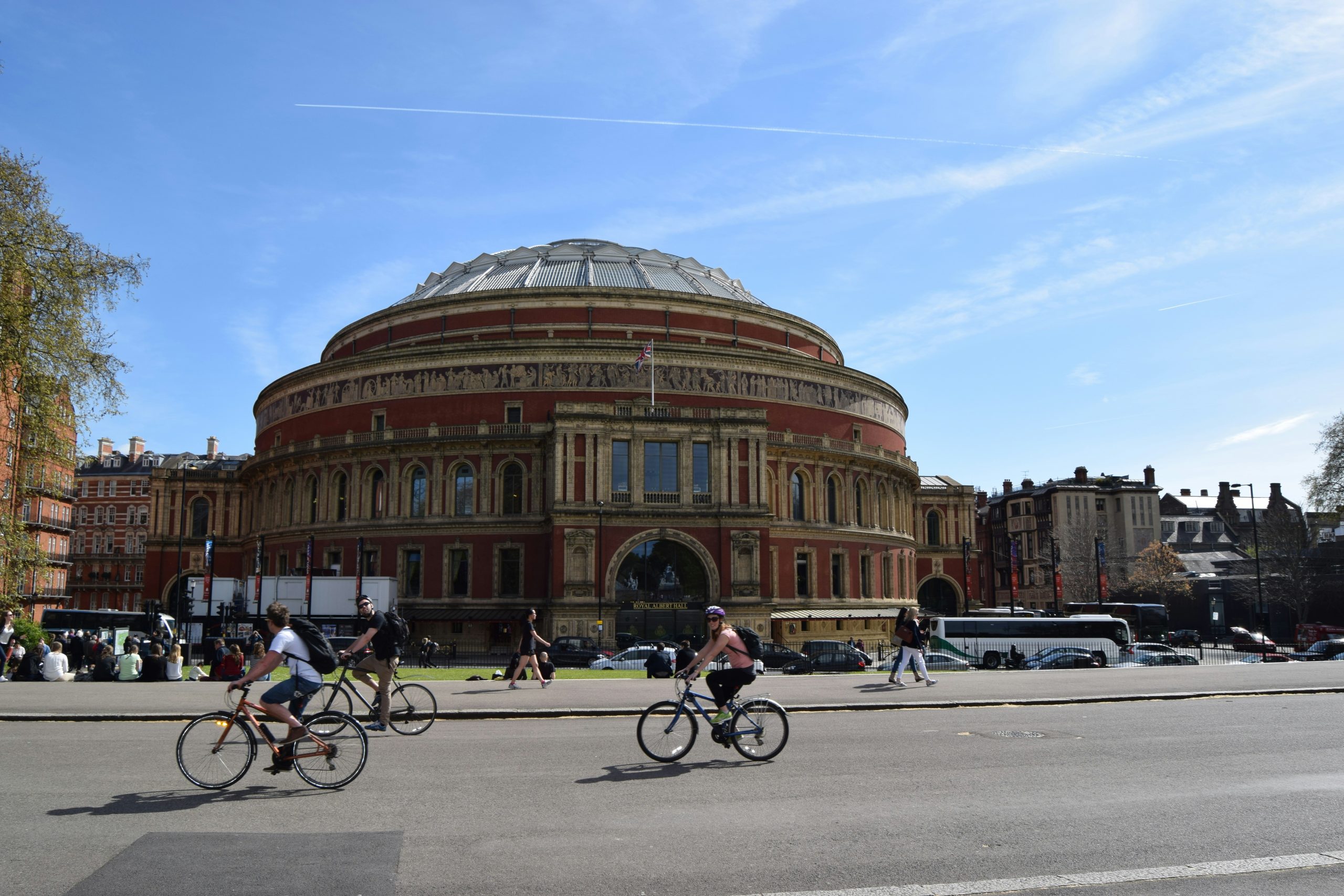Discover the untapped potential of the Middle East as the ultimate cycling and biking tourism destination! Join us on a thrilling journey to explore why the region is poised to become the next hotspot for biking enthusiasts. Get ready to pedal through history, culture, and stunning landscapes in the Middle East!
Exploring the Potential of Middle East for Cycling Tourism

unleashing the potential of middle east for cycling tourism
When it comes to cycling tourism, the Middle East is a region that holds immense promise and potential. With its diverse landscapes, rich cultural heritage, and growing interest in sports and outdoor activities, the Middle East is quickly emerging as a top destination for cycling enthusiasts from around the globe.
diverse landscapes
One of the key attractions of the Middle East for cycling tourism is its diverse landscapes. From the rolling sand dunes of the desert to the lush oases nestled between mountains, cyclists have a wide range of terrains to explore. The dramatic mountain ranges and coastal roads provide a challenging yet rewarding experience for riders of all levels.
cultural heritage
Exploring the Middle East on two wheels also offers cyclists a unique opportunity to immerse themselves in the region’s cultural heritage. Whether it’s cycling through ancient historical sites or passing by traditional markets and villages, every pedal stroke is an opportunity to connect with the rich history and traditions of the Middle East.
support for the cycling community
Across the Middle East, initiatives like the Amman Cycling Club in Jordan promote health and exploration through cycling. Such community-driven efforts are indicative of the growing support for the cycling community in the region, making it easier for enthusiasts to find like-minded individuals and discover new routes.
infrastructure and amenities
With countries like the United Arab Emirates actively investing in cycling infrastructure and bike-friendly amenities, the Middle East is becoming increasingly welcoming to cyclists. From well-marked bike lanes to cyclist-friendly cafes and rental shops, the region is catering to the needs of cyclists looking to explore its beauty on two wheels.
events and competitions
The Middle East is also making a name for itself in the world of competitive cycling events. Initiatives like the New Cycling League in Saudi Arabia are bringing together professional cyclists from around the world to compete on the region’s challenging terrains. These events not only showcase the Middle East as a premier destination for cycling competitions but also provide opportunities for local talent to shine on a global stage.
In conclusion, the Middle East’s potential for cycling tourism is undeniable. With its diverse landscapes, rich cultural heritage, growing support for the cycling community, and investment in infrastructure, the region is poised to become a top choice for cyclists seeking new adventures and incredible experiences.
Challenges and Opportunities for Cycling and Biking in the Middle East

plastic waste in egypt: a crisis and an opportunity – meeting egypt’s environmental challenges
Cycling tourism in the Middle East faces several challenges, one of which includes addressing environmental issues such as plastic waste. Egypt, known for its rich history and cultural heritage, is also grappling with the consequences of plastic pollution. However, this crisis presents an opportunity for sustainable tourism practices to be implemented, focusing on reducing plastic usage and promoting eco-friendly initiatives within the cycling tourism sector.
uae tour women: first women’s worldtour race lands in middle east
The Middle East has seen a significant development in the cycling tourism scene with the introduction of the UAE Tour Women, the first women’s WorldTour race in the region. This milestone event not only showcases the growing interest in cycling among women but also presents a unique opportunity for promoting women’s participation in cycling tourism. By highlighting women’s cycling events, the Middle East can attract more female cyclists, diversifying and expanding the cycling tourism market in the region.
native forest logging near blue tier mountain bikes given green light as court case dismissed
Despite facing challenges related to environmental concerns, such as native forest logging, the Middle East has the potential to capitalize on its natural landscapes for cycling tourism. By preserving natural habitats and investing in sustainable practices, countries in the region can create cycling trails that appeal to adventure enthusiasts and nature lovers. Balancing conservation efforts with tourism development can unlock new opportunities for environmentally-conscious cycling tourism experiences in the Middle East.
middle east & north africa: tourism adapts to challenges and gains new momentum
In the face of evolving challenges, the tourism sector in the Middle East is adapting to new trends and opportunities. With a focus on cycling tourism, the region can leverage its cultural richness, diverse landscapes, and historic sites to attract cyclists from around the world. By investing in infrastructure, promoting cycling events, and implementing sustainable practices, the Middle East can position itself as a premier destination for cycling enthusiasts seeking unique experiences in the region.
Investing in Infrastructure and Sustainability for Cycling Tourism

In recent years, cycling tourism has gained significant momentum as travelers seek sustainable and active ways to explore new destinations. The convergence of infrastructure investment and sustainability initiatives in the travel industry has paved the way for cycling tourism to flourish worldwide.
ECF and UN partnership
The European Cyclists’ Federation (ECF) and the United Nations Tourism Organization have joined forces to enhance cycling tourism across Europe. This collaboration signifies a commitment to promoting environmentally-friendly modes of travel, fostering local economies, and reducing carbon emissions.
Spanish tourism excellence
Spain is taking a notable step towards sustainability in its tourism sector. By emphasizing sustainable practices and infrastructure developments, Spain aims to position itself as a leader in eco-friendly tourism experiences, including cycling routes that showcase the country’s rich cultural and natural heritage.
European Declaration on Cycling
The European Union’s endorsement of the European Declaration on Cycling underscores the importance of cycling as a sustainable means of transportation and tourism. This declaration sets the stage for increased investment in cycling infrastructure and regulations to support cycling enthusiasts and bolster local economies.
Lessons from Urban infrastructure in Japan
Japan’s focus on high-quality urban infrastructure offers valuable lessons for countries looking to enhance their cycling tourism offerings. By investing in well-maintained cycling paths, bike-sharing programs, and safety measures, Japan has created a cycling-friendly environment that attracts both locals and tourists.
Cycling in EU member states’ COVID-19 recovery plans
As EU member states recover from the impact of the COVID-19 pandemic, cycling has emerged as a key component of sustainable transportation solutions. National recovery plans prioritize cycling infrastructure projects to promote active travel, boost tourism, and combat climate change.
Dubai’s indoor cycling super highway
Dubai’s ambitious plan to develop a 93-kilometer indoor cycling super highway demonstrates the city’s commitment to sustainable urban mobility. This project not only promotes cycling tourism but also showcases Dubai’s dedication to innovation and environmental responsibility.
In conclusion, the global shift towards sustainable transportation and tourism has spotlighted the essential role of cycling in fostering Infrastructure and Sustainability. By investing in cycling infrastructure, promoting eco-friendly practices, and prioritizing sustainable development, destinations can unlock the full potential of cycling tourism while preserving the environment for future generations.



